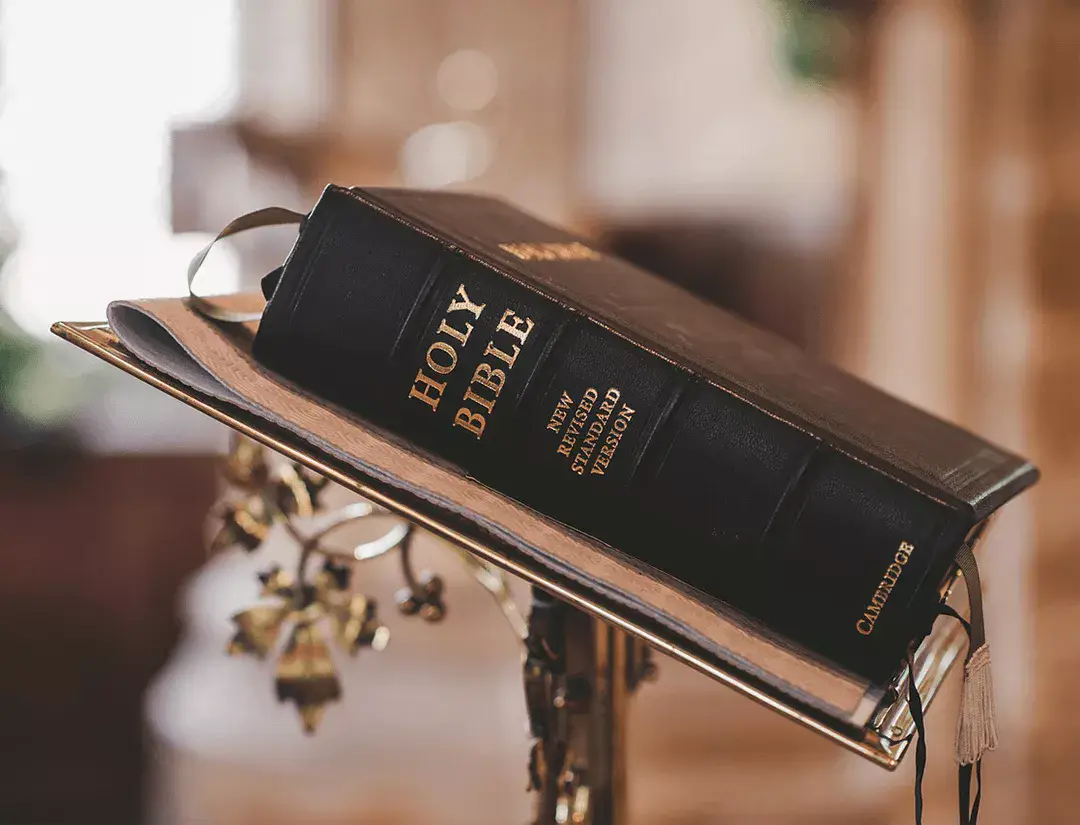Language
 Directory
Directory
Part 5
A Tale of Five Farmers in the Old Testament

Abel was the son of Adam and Eve and is considered one of the first farmers mentioned in the Bible. In Genesis 4:2-4, it is recorded that Abel was a keeper of sheep, while his brother Cain was a tiller of the ground. Both of them offered sacrifices to God, but God favored Abel's offering of a lamb over Cain's offering of fruits. This led to jealousy and resentment in Cain, resulting in him killing Abel. Abel's story highlights the importance of offering one's best to God and the consequences of envy and unrighteousness.
In the story of Noah, he is described as a righteous man and a farmer. In Genesis 6-9, God decided to destroy the wickedness of humanity through a worldwide flood. God commanded Noah to build an ark and bring pairs of animals into the ark to be saved from the flood. Noah followed God's instructions precisely, built the ark, and gathered the animals. After the flood, Noah became a farmer once again, planting a vineyard and becoming the first recorded person to cultivate grapes and make wine. Noah's story emphasizes obedience to God's commands and the renewal of humanity after the flood.
Abraham is known as the patriarch of Israel and is considered a faithful servant of God. In Genesis 12-25, Abraham's story unfolds. He left his hometown with his wife Sarah and journeyed to the land of Canaan, following God's command. Abraham was not only a farmer but also a nomadic herdsman, with flocks and herds. God made a covenant with Abraham, promising to bless him with offspring as numerous as the stars and to give his descendants the land of Canaan. Despite various trials and challenges, Abraham remained faithful to God, and his story underscores the importance of trust and obedience to God's promises.
Elisha was a prophet in Israel and the successor of the prophet Elijah. In 1 Kings 19:19, Elisha is described as "the son of Shaphat, who was plowing with twelve yoke of oxen before him." This suggests that he was a prosperous farmer. When Elijah encountered Elisha, he symbolically threw his mantle upon him, calling him to be his disciple and successor. Elisha left his farming life behind to follow Elijah. Elisha performed numerous miracles during his prophetic ministry, demonstrating God's power and faithfulness. Although he was called to be a prophet, Elisha's background as a farmer remained significant in his story.
Jacob, also known as Israel, was the son of Isaac and Rebekah and the grandson of Abraham. In Genesis 25-50, Jacob's story unfolds. He had a significant encounter with God at Bethel, where God confirmed the covenant promise given to Abraham and Isaac. Jacob worked for his uncle Laban as a shepherd and farmer, tending his flocks and cultivating the land. Jacob's story is marked by his struggles, including his rivalry with his twin brother Esau and his journey of reconciliation with Laban. God eventually renamed Jacob as Israel, and he became the father of the twelve tribes of Israel. Jacob's story emphasizes God's faithfulness in fulfilling his promises and the transformation of character through trials and encounters with God.
These stories of the five farmers in the Old Testament illustrate various aspects of faith, obedience, and the experiences of God's people in different periods of biblical history. Their lives demonstrate the significance of agriculture, stewardship of the land, and the connection between humanity and nature in God's larger redemptive plan.




 Previous
Previous







